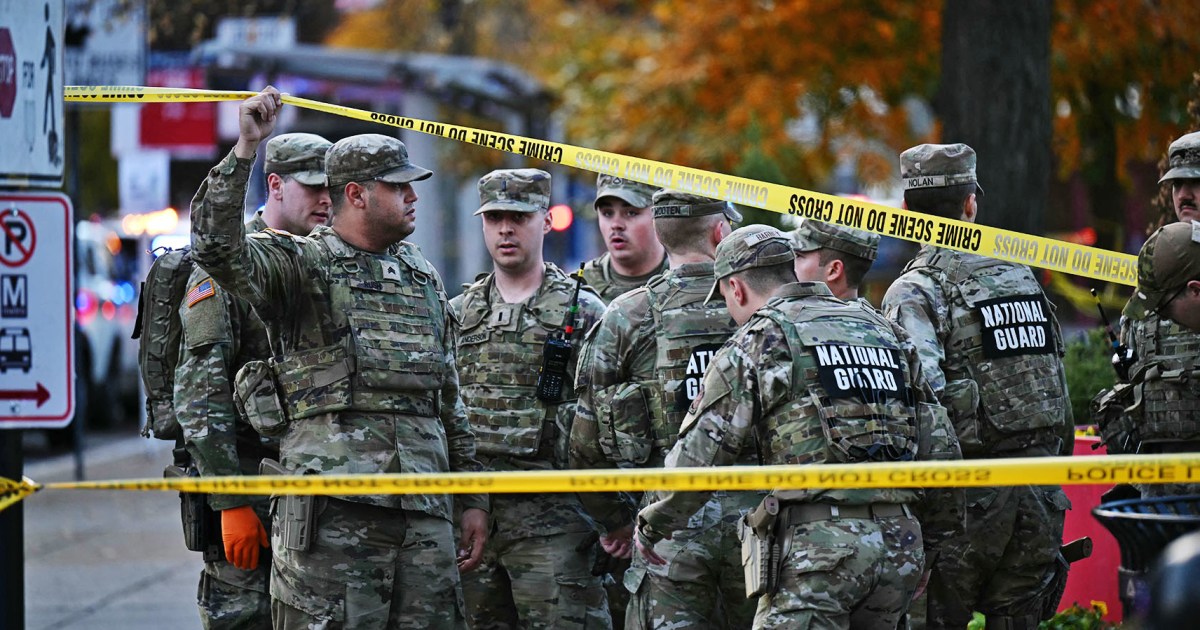Afghan immigrants and refugees, including those who aided the American military during 20 years of war, have been all but barred from entering the United States since Trump returned to office in January.
On his first day in office, Trump signed an executive order suspending all refugee resettlement in the United States until admissions align “with the interests of the United States.” Thousands of Afghan refugees, including many who had already been approved for U.S. resettlement, are now stranded in Afghanistan, Pakistan and other countries, and in some cases they have been forcibly repatriated.
The Trump administration has also terminated protections that allowed Afghans to live and work in the United States temporarily because of dangerous conditions at home. The White House says the protections are no longer needed because it is now safe to return to Afghanistan, which is experiencing multiple humanitarian crises and which Trump described tonight as a “hellhole.”
Advocates say that Afghans who worked with the United States are at risk of persecution, torture or death if they return to Afghanistan, where the Taliban regained power after the 2021 U.S. withdrawal, and that they undergo extensive vetting before they arrive in the United States.
Trump has said he is committed to helping Afghans who worked with the U.S. military, saying in August that “we know the good ones and we know the ones that maybe aren’t so good.”
The restrictions on Afghans are part of a larger crackdown on immigration, including refugee resettlement. For the 2026 fiscal year, the Trump administration has capped refugee admissions at a record-low 7,500, mostly allocated to Afrikaners from South Africa based on discredited claims that white South African farmers are being killed in large numbers.
According to a memo reviewed by NBC News, the Trump administration is also ordering the review of all refugees admitted to the United States during the Biden administration, citing security concerns. The decision, which critics have described as unnecessary and cruel, could affect more than 200,000 people already in the country, including green card holders.
